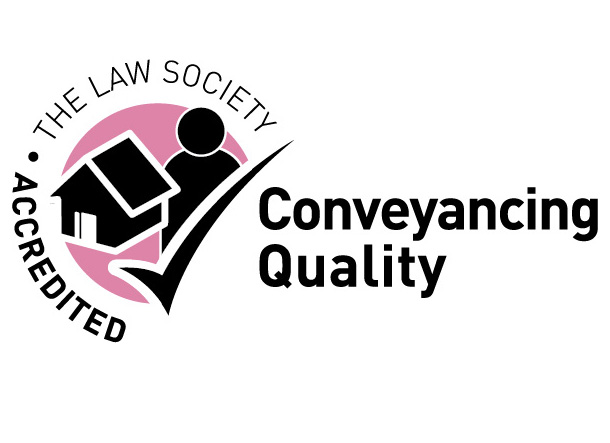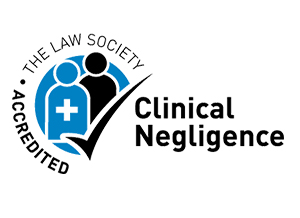The Royal College of Surgeons (RCS) has warned its 20,000 members that NHS Trusts are failing to respect new standards on patient consent.
In guidance recently issued to its members, the Royal College of Surgeons set out that clinicians must no longer simply tell patients what medical treatment they believe a patient should have and must instead set out the treatment options available and let patients make decisions on the treatment themselves.
This new guidance has been issued in response to the ruling by the Supreme Court in 2015 in the case of Montgomery v Lanarkshire Health Board. In that case an award of compensation was made after shoulder dystocia occurred during the birth of Mrs Montgomery’s son which resulted in him developing cerebral palsy. The Court view was that doctors had failed to discuss with Mrs Montgomery the small risk of this occurring and afford her the opportunity to have her son delivered by caesarean section. The judgement set out the position clearly stating:
“An adult person of sound mind is entitled to decide which, if any, of the available forms of treatment to undergo…The doctor is therefore under a duty to take reasonable care to ensure that the patient is aware of any material risks involved in any recommended treatment, and of any reasonable alternative…The test of materiality is whether, in the circumstances of the particular case, a reasonable person in the patient’s position would be likely to attach significance to the risk, or the doctor is or should reasonably be aware that the particular patient would be likely to attach significance to it.”
On announcing the new guidelines Leslie Hamilton of the RCS council said:
“The RCS is very concerned that doctors and hospitals haven’t fully appreciated how much the judgment given in 2015 changed our understanding of patient consent
The watershed judgment in the Montgomery case shifted the focus of consent towards the specific needs of the patient.
Patients must be given enough time to make an informed decision about their treatment and hospitals are going to have to give serious thought to how they plan in time for these discussions…”
NHS practice has traditionally been to leave it to doctors to decide what risks to communicate to patients. Whilst rules by the General Medical Council (GMC) in place since 2008 already state that doctors should not make assumptions about the information a patient might want or need many clinicians have stuck to the traditional, paternalistic approach.
These guidelines, which encourage a move away from a ‘doctor knows best’ approach, are to be welcomed. Too often patients are presented with a consent form for a procedure at the last minute with insufficient appreciation of the risks involved or the alternatives available so that they can make the best choice for their own individual circumstances.
If the approach set out by the RCS is not followed then patients who suffer harm which would have been avoided had they been fully informed will be entitled to recover compensation for that harm.
Alternatively, if the guidelines are followed this will result in better care and reduced litigation as an informed patient is more likely to understand and accept complications from medical treatment if they do subsequently occur.
If you believe you may have suffered injuries as a result of medical treatment which you were not correctly consented for we at Freemans would be happy to discuss this with you. Please call one of our solicitors today on 0191 222 1030 for a free consultation or complete our website enquiry form.


